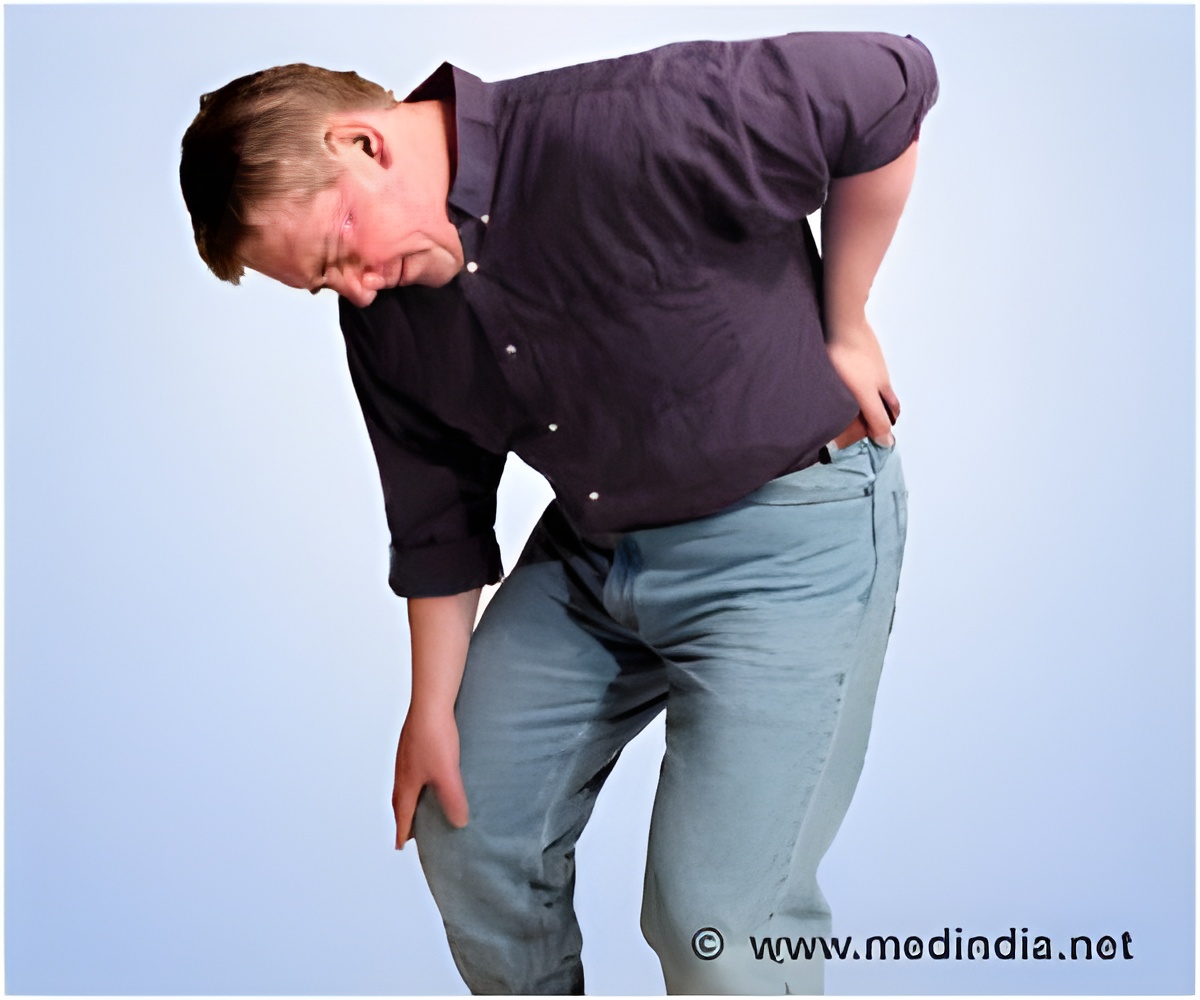From a cost and safety perspective, osteopathic manipulative treatment (OMT) should be considered before progressing to more costly or invasive interventions.

‘Subgrouping patients according to chronic low back pain intensity and function appears to be a simple strategy for identifying patients who can attain substantial improvement with osteopathic manipulative treatment.’





Researchers from the University of North Texas Health Science Center in Fort Worth reported two studies from a randomized double-blind, sham-controlled trial to determine the effectiveness of six OMT sessions over an eight week period. Recovery was assessed at week 12 using a composite measure that included pain severity and functional status. The trial included 455 men and women ages 21-69 with at least a three month history of low back pain. While the initial study was intended to measure whether OMT aided in recovery, the second study sought to identify characteristics of patients who received the most benefit from the treatments. It found patients with baseline disability scores of 17 or greater, on a scale of 24, experienced large positive effects and those with initial scores of 7 or greater experienced medium effects.
Substantial benefit was defined as an improvement of 50 percent or more from the baseline pain and disability assessment. The findings led researchers to suggest patients try OMT before resorting to surgery.
"Subgrouping patients according to chronic low back pain intensity and function appears to be a simple strategy for identifying patients who can attain substantial improvement with OMT. From a cost and safety perspective, OMT should be considered before progressing to more costly or invasive interventions," said John C. Licciardone, DO, MS, MBA. However, researchers did not find OMT to be beneficial in patients with clinical depression.
Source-Eurekalert















